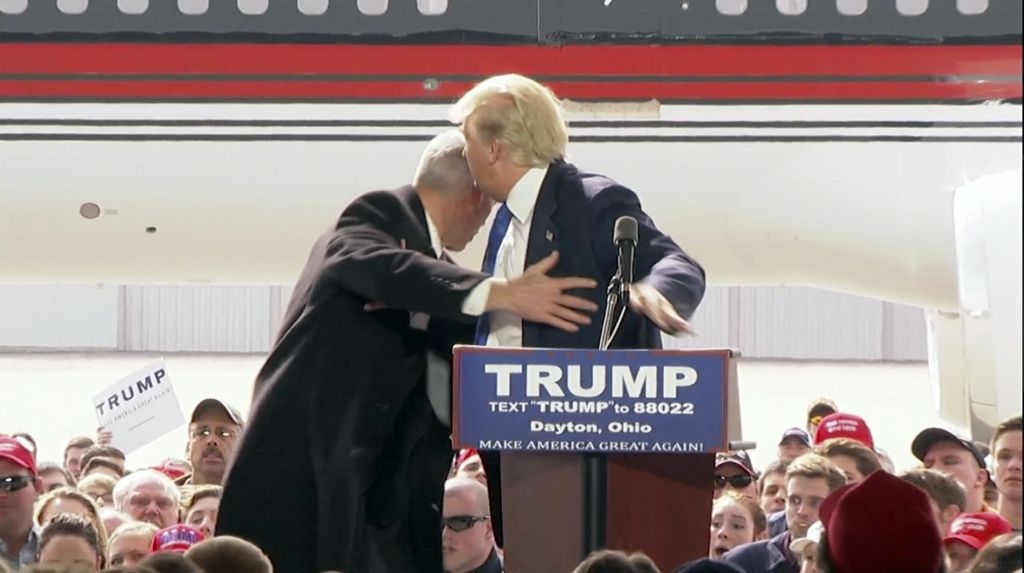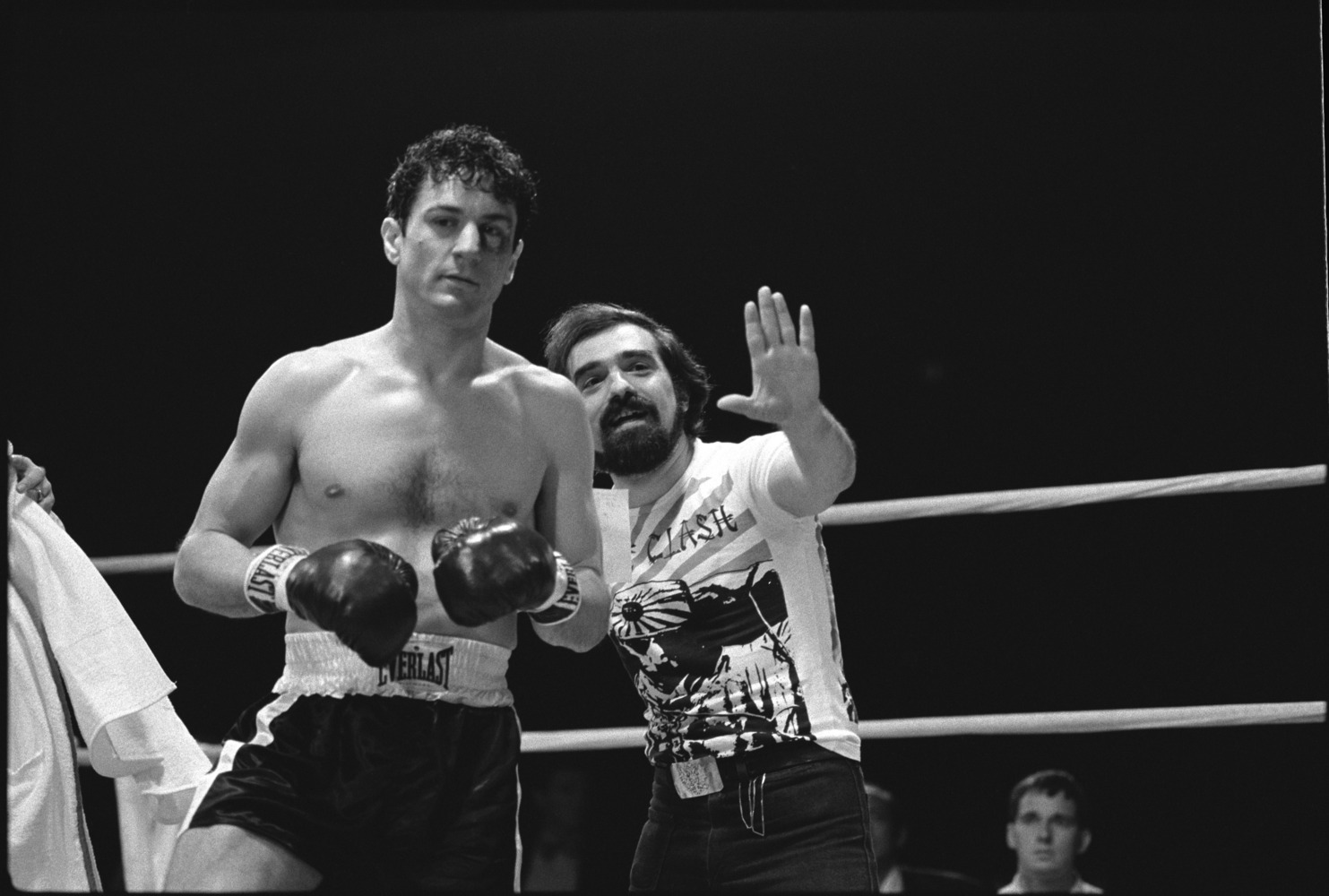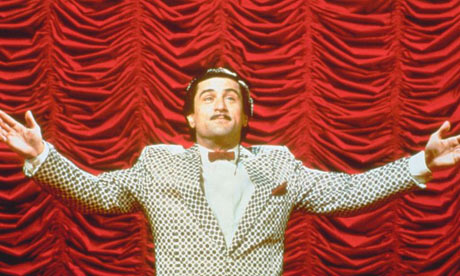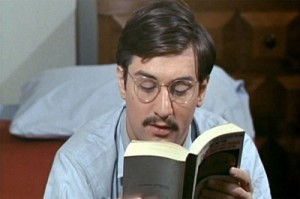Republican Presidential nominee Donald Trump, the Bernie Goetz as a business mogul, may not be merely ignorant, immoral and bigoted, but perhaps he’s also seriously mentally ill. Who knows? He certainly behaves that way, in a manner that goes beyond just a deeply narcissistic person long sealed inside an ugly-as-sin echo chamber.
At Deadline Hollywood, Greg Evans reports on Robert De Niro comparing Trump to another unhinged New Yorker, the fictional Travis Bickle:
“What (Trump) has been saying is totally crazy, ridiculous, stuff that shouldn’t be even… he is totally nuts,” De Niro said. “One of the things to me was just the irony at the end [of Taxi Driver],” De Niro said about the moment in the film when Bickle “is back driving a cab, celebrated, which is kind of relevant in some way today too…People like Donald Trump who shouldn’t be where he is so… God help us.”
One of the odder things about this Baba Booey of an election season is Republicans clinging to the belief that Trump can hit some sort of magical reset button, making not only his heretofore disgusting behavior vanish but also disappearing all his horrid character traits, as if what might be remedied through decades of therapy could be cured in a campaign war room in minutes.
In a New York Times article, Alexander Burns and Maggie Haberman, who’ve done brilliant work throughout the election, write of the hideous hotelier’s foundering efforts at reinvention. An excerpt:
Advisers who once hoped a Pygmalion-like transformation would refashion a crudely effective political showman into a plausible American president now increasingly concede that Mr. Trump may be beyond coaching. He has ignored their pleas and counsel as his poll numbers have dropped, boasting to friends about the size of his crowds and maintaining that he can read surveys better than the professionals.
In private, Mr. Trump’s mood is often sullen and erratic, his associates say. He veers from barking at members of his staff to grumbling about how he was better off following his own instincts during the primaries and suggesting he should not have heeded their calls for change.
He broods about his souring relationship with the news media, calling Mr. Manafort several times a day to talk about specific stories. Occasionally, Mr. Trump blows off steam in bursts of boyish exuberance: At the end of a fund-raiser on Long Island last week, he playfully buzzed the crowd twice with his helicopter.
But in interviews with more than 20 Republicans who are close to Mr. Trump or in communication with his campaign, many of whom insisted on anonymity to avoid clashing with him, they described their nominee as exhausted, frustrated and still bewildered by fine points of the political process and why his incendiary approach seems to be sputtering.•





